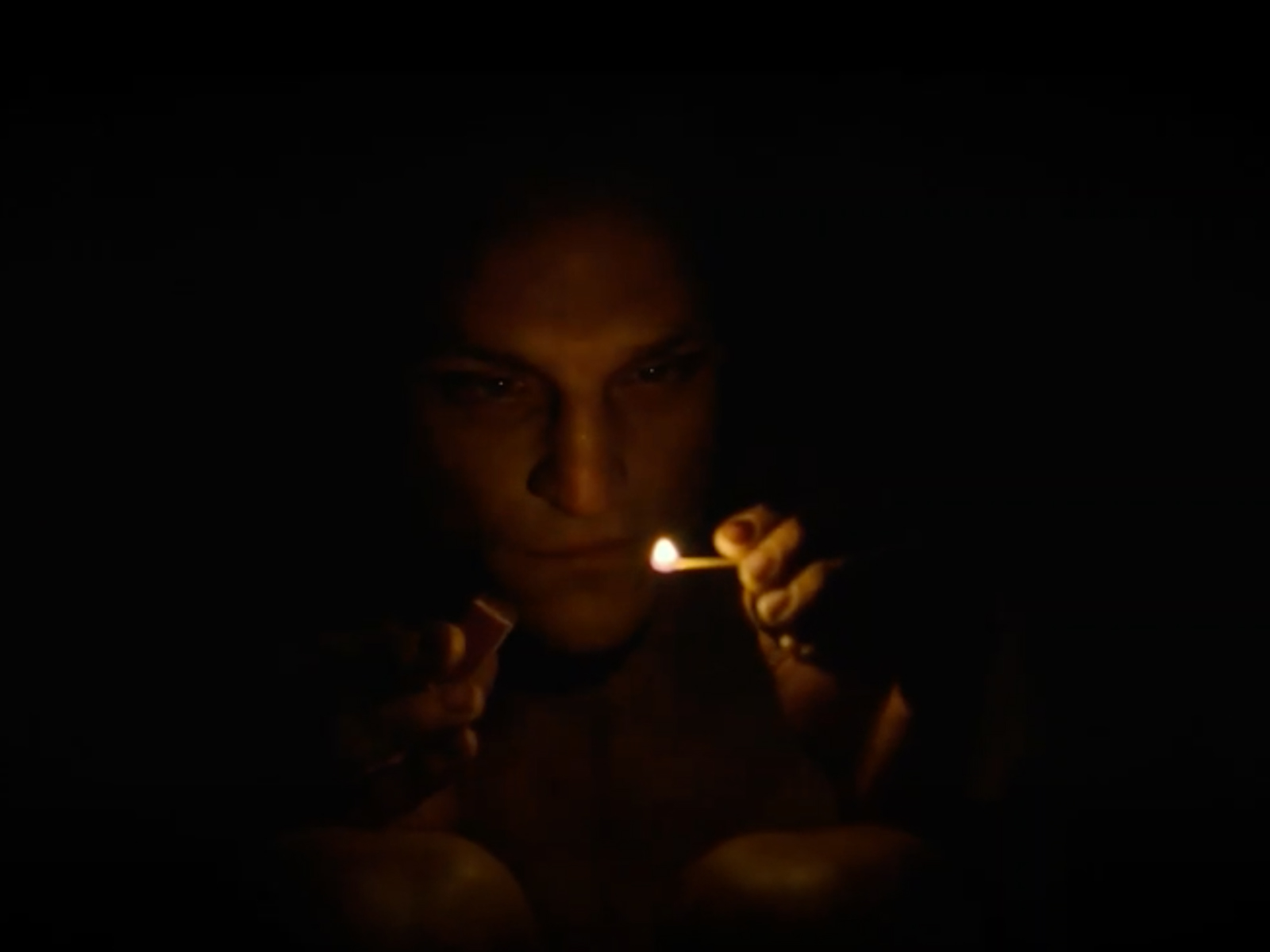
- Golden Globe Awards
Great Freedom (Austria, Germany)
What if the end of a world war does not bring freedom? What if personal freedom is something that has eluded you all your life? And what if – when you finally attain it – you don’t know what to do with this gift?
All these questions are raised by Great Freedom (Grosse Freiheit, the original title). The film starts with homosexual men being secretly taped in compromising situations on the toilet and the backrooms of clubs. Especially one man appears in all these scenes: Hans (rising star Franz Rogowski) is gay, and he couldn’t care less about the law that prohibits homosexuality. The year is 1968 and it becomes glaringly obvious that it is not the first time Hans is put through a trial and ends up going to jail. He stoically endures the physical examination by the guards and does not show any emotion when confronted by disgust and hatred from his fellow prisoners. It is clearly not his first rodeo, and we learn that he has been arrested and incarcerated before – in 1945 at the end of World War 2 — and even that was not his first time. Great Freedom tells the story of all the forgotten homosexuals in concentration camps that survived that particular torture but continued being prisoners of a system that seemingly never ended. Paragraph 175 in the German and Austrian state law that criminalized homosexual acts as ‘deviant’ was not eliminated until 1994. (Interestingly, lesbianism was never even mentioned in the law).
Austrian director Sebastian Meise captures the time warp his protagonist finds himself in; while life outside the prison walls keeps changing – the law against homosexuality was relaxed as of 1969 – Hans is caught in an endless cycle of standstill and repetition. What sounds like a tale of endless suffering is really a tender love story, visually juxtaposing the darkness with glimmers of hope that humanity always triumphs in the end. Hans’ cellmate is Viktor (Georg Friedrich), a convicted murderer who, at first sight, is everything the cliché of such a character dictates; a brutal homophobe, devoid of any feeling. But when he discovers the concentration camp number on Hans’ arm, he offers to put a cover-up tattoo on it. And thus, begins a journey of mutual understanding that turns into love. And in the end, the two of them seem like an old couple, taking care of each other, having settled into the life they did not choose but do not go to great lengths to escape from. When Hans once again gets himself arrested because life outside is just too much, he asks Viktor: “Still in here?” To which Viktor responds: “Still a pervert?”
At a time when the debate in the Western world is dominated by the question of how much state interference in terms of the human body borders on dictatorship, it is no surprise that Great Freedom won the Jury Prize in the Un Certain Regard section at the Cannes Film Festival. Since then, it has garnered numerous other prizes and was chosen as the official Austrian entry for the Academy Awards.

